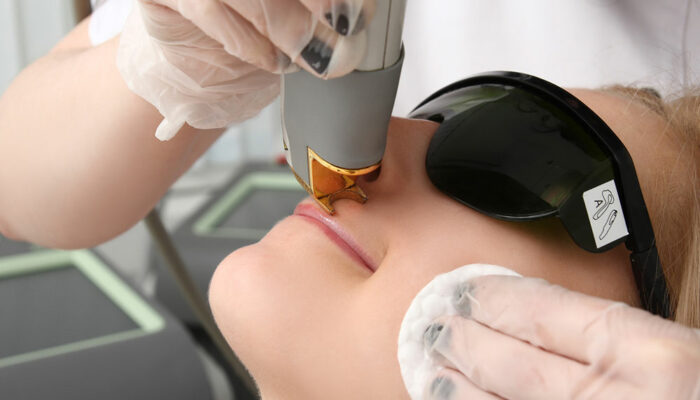
Treatments for Non-Small Cell Lung Cancer
Lung cancer is a major cause of commonly occurring deaths worldwide and accounts for about 13 percent of all new cancer cases and 19 percent of cancer-related deaths across the globe. Smoking is the leading cause of lung cancer in most cases, as it contains harmful chemicals, namely carcinogens. However, nowadays, lung cancer can occur also in those people who have never smoked at all.
Non-small cell lung cancer causes the most deaths in the world. The main problem with the diagnosis of this condition is that the symptoms go unnoticed until the disease reaches its advanced stages.
If the cancer has spread to other parts of the body, such as the brain, it can spread to the kidneys, jaundice could occur. The early stage of cancer begins when its cells start growing in any part of the body. Prolonged symptoms often indicate the presence of cancer:
- If you are suffering from a cough for more than three weeks with no relief
- Blood in mucus
- Shortness of breath or wheezing with a little physical activity
- Unexplained chest pain
- Sudden and unexplained weight loss
The above symptoms should be brought to a doctor’s immediate attention. Treatment options for non- small cell lung cancer include:
1. Surgical treatment
Surgical non-small lung cancer treatment is effective, but its success depends on the extent of the disease and the affected person’s condition. Performing surgery with chemotherapy yields much better results. The operation also removes the tumor and the lymph nodes surrounding it. After the operation, the patient has to stay in the hospital for a few days. An operation in this stage can remove a limb or a part of the body in which the symptoms of cancer are detected.
2. Treatment with radiation
Radiation therapy is required to eliminate the remaining cancer cells after surgery. This is usually performed after the surgical wounds are healed. Lung cancers that cannot be eliminated by undergoing surgery along with radiation and chemotherapy simultaneously.
3. Chemotherapy and combination therapy
Small lung cancer treatment is carried out with a combination of chemotherapy and radiotherapy because it spreads very rapidly when more than one drug is used. For this treatment to be effective, the affected person must seek medical help in the initial stages. The intermediate or middle stage is when the cancer cells start spreading from one part of the body to another. Non-small lung cancer treatment consists of chemotherapy, radiotherapy, and surgery in this stage. The advanced stage is when the cancer cells completely spread to other parts of the body, wherein the patient has very little chance of recovery, but is treated with chemotherapy.



